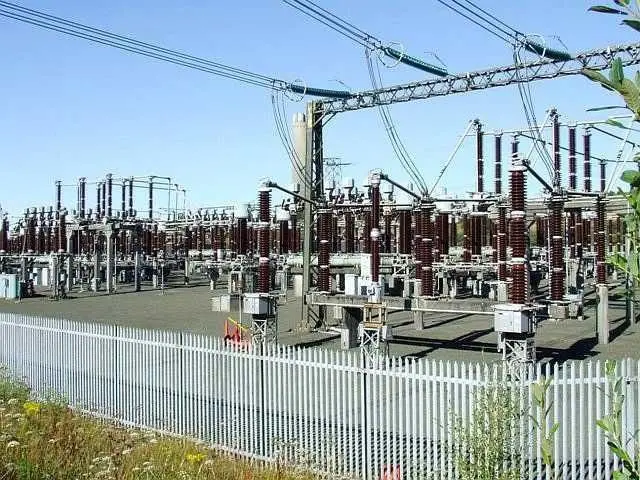Nearly a year after the Federal Government pledged to subsidise electricity for public hospitals and educational institutions, the promise remains unfulfilled, leaving many of these facilities burdened by soaring power bills.
In August 2024, the Minister of Power had announced that the government would cushion the impact of rising electricity tariffs on hospitals and universities, particularly those on Band A supply—where tariffs increased significantly following the removal of subsidies. Despite this assurance, institutions continue to accumulate massive electricity debts.
“We were assured of government support,” said an official from a federal hospital who preferred anonymity. “But till now, we pay over three times what we used to, with no relief in sight. The burden is affecting operations.”
Reports indicate that some teaching hospitals now spend as much as ₦300 million monthly on electricity, a sharp increase from previous bills of under ₦100 million. Universities and colleges are also struggling under similar conditions.
Consumer advocacy groups have accused the government of making empty political promises. “There was never any formal approval for this subsidy. It was simply a public statement with no policy backing,” said Adeola Samuel-Ilori, National Coordinator of the All Electricity Consumers Protection Forum.
The initial promise by the minister stated, “For the ones that are purely health and education-related, we are ready to subsidise them, even if they are on Band A. Discos will collect a certain amount, and the government will pay the balance.” But insiders say no implementation plan followed.

Energy experts argue the plan may have stalled due to sustainability concerns. “Subsidies are difficult to manage and are prone to abuse,” said Professor Dayo Ayoade of the University of Lagos. “If the government intends to proceed, it must prioritise transparency and sustainability. Investing in solar infrastructure might offer a more lasting solution.”
Indeed, it appears the government may have quietly pivoted to renewable energy as an alternative. According to the Ministry of Power, solar installations are now underway at several institutions, including 12MW for the University of Maiduguri and its teaching hospital, and 7MW for the University of Calabar and its medical facility.
Media aide to the power minister, Bolaji Tunji, confirmed this development. “The Rural Electrification Agency is coordinating efforts to provide off-grid power to 37 federal universities and seven affiliated teaching hospitals,” he said.
These projects include solar mini-grids, street lighting, and renewable energy training centers for students. While the initiative has begun in some locations, others are still waiting for deployment.
Still, the lack of clarity over the original subsidy promise continues to fuel frustration. “For 10 days last year, electricity was cut off at our campus hospital due to unpaid bills,” a medical student in Lagos recounted. “Patients suffered, and students protested. We are still paying exorbitantly.”
With estimates showing the government would require over ₦188 billion annually to fund the proposed 50% subsidy for hospitals and schools, analysts believe fiscal constraints and rising sector debts may have forced a quiet policy reversal.
Meanwhile, institutions remain under pressure. “We want the government to honour its word or give us a clear path forward,” said another university administrator. “It’s not just about bills—it’s about lives and learning.”



